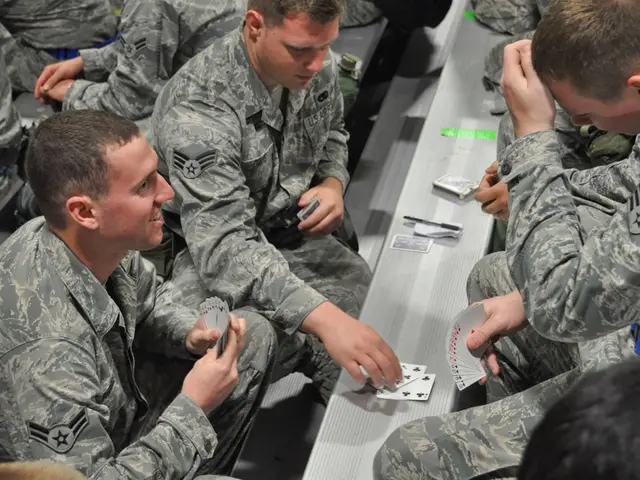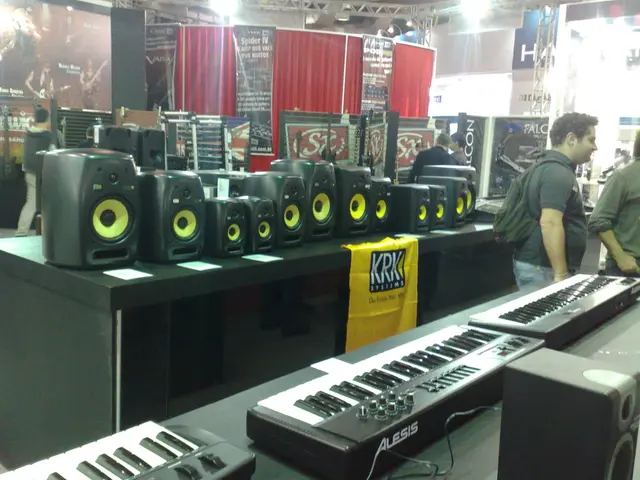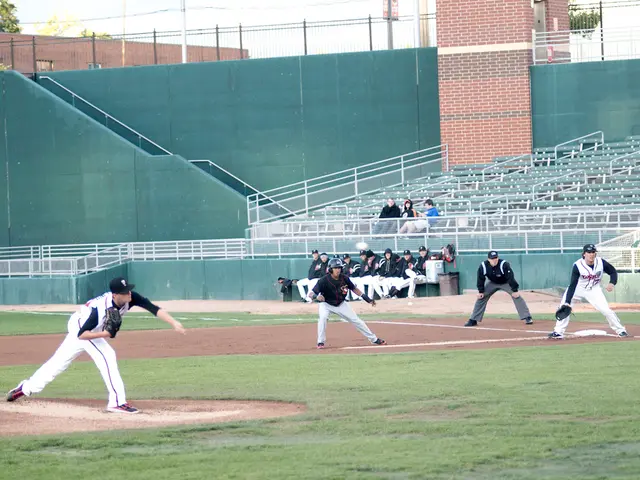Strategies for casino promotion, as advised by a high-stakes gambler
In the world of high-stakes gambling, the VIP experience is a hot topic. Dennis Conrad, a seasoned casino consultant and long-time VIP player, sheds light on common complaints and suggestions regarding casino VIP services based on his extensive experience in the industry.
Common Complaints from VIP Players
One of the most prevalent issues voiced by VIP players is the lack of personalised attention and consistency. According to Conrad, casinos often fail to maintain consistent, personalised service throughout VIP visits. Another frustration lies in poor communication or delayed responses from VIP hosts. Additionally, unclear or restrictive benefits can leave players feeling let down, as the value of their rewards is not always apparent. Lastly, VIP players often desire more flexibility in the terms of comps, credits, and service options.
Suggestions for Improving VIP Services
To address these concerns, Conrad proposes several solutions. First, casinos should aim to tailor offers and interactions based on the individual preferences and play style of each VIP player. Second, VIP hosts need better training to build long-term relationships and to anticipate VIP needs proactively. Third, prompt, clear, and transparent communication is essential in building trust and satisfaction. Fourth, benefits should be tangible and meaningful, going beyond superficial perks to truly reward loyalty. Lastly, allowing VIPs more flexibility in redeeming rewards and accessing services improves perceived value.
George, a VIP casino player for over 20 years, shares his experiences and additional suggestions. He finds problematic the fact that hosts are paid based on their ability to get VIPs to spend more money. George has been "awarded" a host multiple times without ever requesting one. He suggests that hosts should not give different answers to different VIPs and should speak to them in easily understood language.
George is usually an upper-tier player at two or three casinos at any one time and a top-tier player at one casino in his hometown. He frequently uses hotel, restaurant, bar, and spa services at casinos. George appreciates VIP events where players are hosted at private dinners, events, and tournaments. However, he finds that VIP lounges have either been removed, had hours reduced, or offer weak free food and beverage options.
George suggests that hosts should not interrupt VIPs while they're playing or at least show when and how they should do that. He also suggests that the term "player development" should be avoided, as he is a player and does not want to be "developed." George's monthly gambling budget ranges from $1,000 to $2,000.
George has traveled to over 100 casinos, mostly in the United States, but also in Canada, Europe, and Asia. He has been a VIP player for over 20 years and has an executive host at some casinos, but the quality of host service for VIP players is not specified. George's preferred casino games are blackjack, craps, and video poker.
George has had hosts contact him to fill shows at the casino, which he finds uncomfortable. He suggests that casinos should not insult VIPs with cheap offers when their play declines. George likes the ability to turn VIP comps into free play in the casino. He also suggests that casinos should ensure that VIP lines at various outlets provide a VIP experience.
These insights from Conrad and George provide a pragmatic roadmap to refining VIP marketing and service strategies, offering valuable insights for both casinos and VIP players alike.
VIP players, like George, often express dissatisfaction with the lack of personalized attention and consistent service provided by casinos, leaving them frustrated with poor communication and unclear rewards. To improve the VIP experience, casino-gambling businesses could consider offering casino-games that cater to individual preferences, training VIP hosts to build long-term relationships, and implementing transparent communication strategies.








